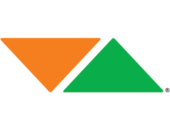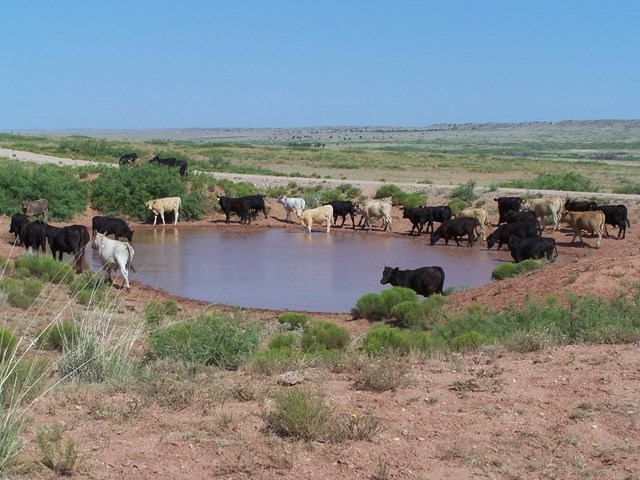The summer months in the southern US can present challenges for cattle producers. High heat, dry weather, and declining forage quality can put added stress on your cattle and limit your productivity. Kent Mills, range nutritionist at Hi-Pro Feeds has some tips to help you keep your cows healthy during the summer.
Water – Clean, cool water is critical because as it gets hotter, cattle’s need for water goes up 50 – 70% as they try and keep cool. Deeper ponds or running streams are an attractive water source. If your only water sources are shallow ponds or troughs it is important to monitor cleanliness and temperature to ensure your cattle are staying hydrated.
Shade – It’s important that cattle can find shade, either under a tree or a man-made structure. The temperatures under a good shade tree, such as a hackberry or elm, can lower ambient temperatures 15 – 20 degrees from temperatures in direct sunlight. In the shade, cattle are more comfortable, and therefore their performance will be better. It’s also important to work your cattle during the early hours of the day, when it is generally cooler to minimize heat stress.
Fly Control – There is a threshold for flies at which point cattle performance begins to decline. Fly bites and blood sucking from flies, combined with the cattle’s activity of swatting flies, causes a lot of stress. The use of IGR (Insect Growth Regulator) products, either in feed supplements or minerals such as our Sendero Cowman’s Choice Mineral with IGR, are very effective at limiting the effects of flies. IGR products work by preventing the larvae of the horn fly from emerging out of the manure droppings. There are also insecticide treated ear tags that are helpful, as well as cattle sprays and rubs.
Forage Quality – After the spring bloom where plants are fresh and highly nutritious, plants will begin to decline in protein, energy and minerals. The best way to observe this decline is by monitoring the manure droppings, and looking for when the manure becomes more coarse and dry. You also need to watch the droppings of the calves. As they reach 4 to 6 months of age, they are not getting as much milk. If the protein of the forage is low, their droppings may begin to be firm and hard as opposed to being looser. It’s good to monitor the amount of forage available in your pastures. Low availability means you may need to rotate more often, or move cattle to pastures with more forage available. You may also see an increase in the mineral supplement intake as cattle start to lose nutrition. Protein deficiency can inhibit your gains, and lower production, so it’s important to use your supplemental feeding program to add protein into the diet. This will improve rumen function and increase digestibility of the fiber.
Keeping watch on these four areas of cattle management during summer will help keep your cattle productive through the hot months. If you have any questions, or want a consultation on your supplemental feeding program, feel free to contact us.


